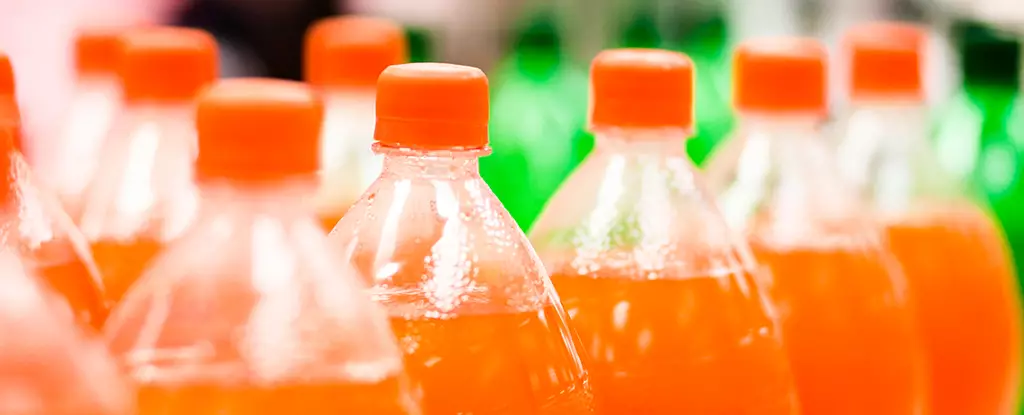

Brominated vegetable oil, commonly known as BVO, has been used in citrus-flavored sodas since the 1930s to keep the tangy taste mixed thoroughly through the beverage. The FDA recently proposed to revoke the registration of BVO due to toxicology studies that question its safety. The compound is created by sticking a dozen bromine atoms to a triglyceride, creating a dense oil that floats evenly throughout water when mixed with less dense fats.
Animal studies have suggested that BVO can slowly build up in fat tissues, posing a risk to human health. The potential of bromine to interfere with iodine’s function in the thyroid has led to bans in several countries, including India, Japan, and nations of the European Union. The state of California has also outlawed the use of BVO in sodas with legislation set to take effect in 2027.
The FDA initially classified BVO as Generally Recognized as Safe (GRAS) in the 1950s but later overturned this classification due to toxicity concerns in the 1960s. The agency limited the use of BVO to small concentrations in citrus-flavored drinks, but ongoing studies have raised questions about the long-term health effects of even these small amounts. Recent studies have shown that bromine is accumulating in human tissues, with animal studies linking high concentrations of BVO to heart and behavioral issues.
Major soda companies like PepsiCo and Coca-Cola Co. have been phasing out BVO from their products over the past decade in response to health concerns. Alternative ingredients have been used to replace BVO in citrus drinks, and today, few beverages in the US still contain BVO. The FDA is reviewing regulations on food additives and considering automatically prohibiting any food coloring agents found to cause cancer in humans or animals.
While the FDA’s reclassification of BVO is still pending a lengthy review process, the evidence against its safety is mounting. With suitable alternatives already in use, the ban on BVO may signal a shift towards more proactive regulatory actions to protect public health. As the FDA continues to monitor emerging evidence and take action when needed, the phasing out of BVO from soda products may be just the beginning of a larger trend towards safer food additives in the US.
In the realm of software development, the ability to swiftly and accurately address bugs is…
The realm of quantum computing and communication is not just an abstract dream anymore; it…
In a remarkable leap for the field of material science, a collaborative research initiative has…
Throughout Earth's vast history, our planet has endured five major mass extinction events that reshaped…
Rainfall is a vital element of our planet’s hydrological cycle, yet many aspects of its…
On a night when the universe aligns, a mesmerizing phenomenon awaits: the appearance of the…
This website uses cookies.